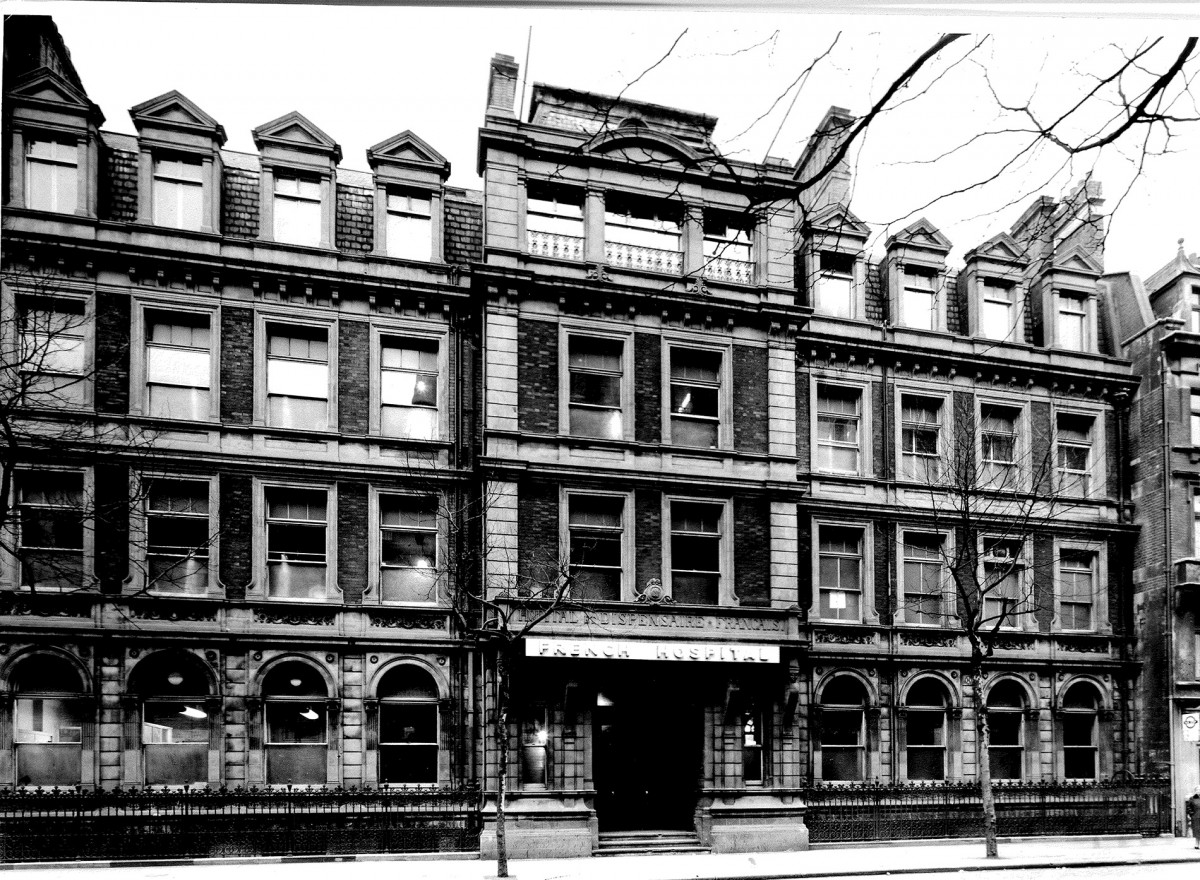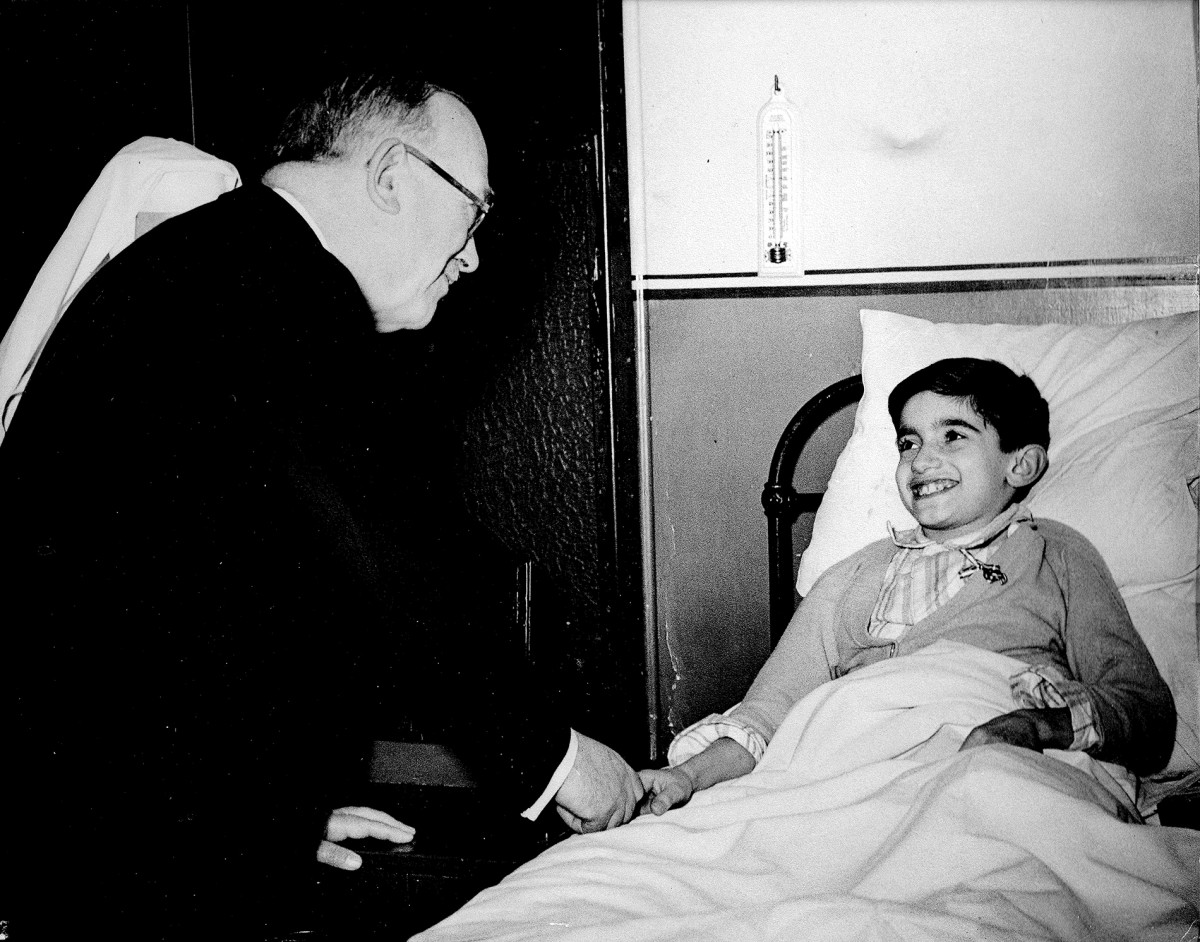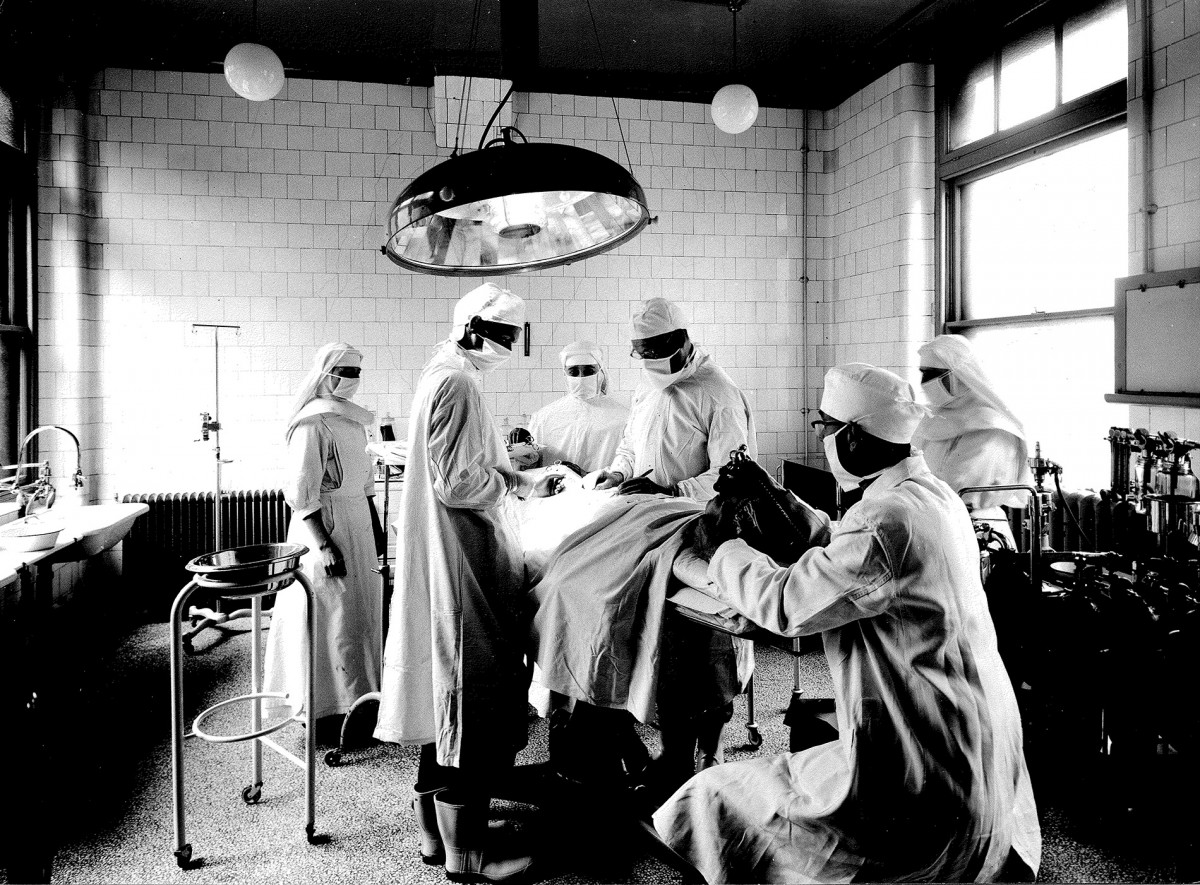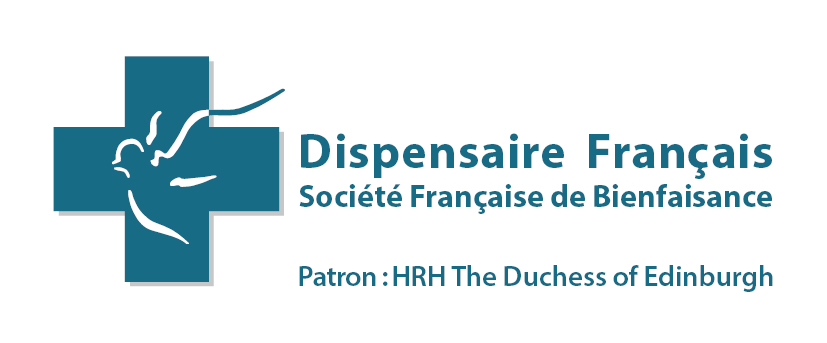The Dispensaire Français and the Société Française de Bienfaisance were created in the 19th century, following in the French charitable tradition in London.
There have always been many French people in London particularly when a political or religious crisis in France forced them into exile.
16th Century to 18th Century
As early as the 16th century with the arrival of the Huguenots, support networks among the French community were developed in order to help and assist the poorest amongst them. This was mainly provided by French churches with the support of their most affluent parishioners; a hospital was founded in 1718 named the ‘Providence’, which still exists in the form of a retirement home for descendants of Huguenots in Rochester Kent.

19th Century
Thereafter, each wave of French refugees – especially during the French Revolution, the 19th century and during the Second World War with the Free French initiative – was able to benefit from these charitable structures established by their predecessors. Private initiatives tried to fill the gaps and when confronted by urgent need, the British government intervened generously.
The Dispensaire Français and the Société Française de Bienfaisance were founded in the 19th century. During such an unstable century in France with its numerous revolutions, many French refugees arrived, flooding the town of London including royalists, republicans, Bonapartists, communists, and anarchists … The situation in which they arrived was difficult, with the industrial revolution having brought great poverty upon those at the wrong end of the social scale, and many of them were living in great distress.
Some French residents, now Londoners, wanted to help them, such as the chef Alexis Soyer who set up soup kitchens in Spitalfields, an area crowded with native Huguenot weavers. They barely managed to survive the mechanization of their tools since this created chronic unemployment.
There is also the Count d’Orsay, an eccentric dandy and darling of English high society. He was no less generous and created in 1842 the French Benevolent Society to distribute material and financial assistance. The first members of its committee were aristocrats living in London such as Count Walewski, the French Ambassador, doctor de la Belinaye, a descendant of French refugees during the French Revolution, and a member of the Crillon family who became successful in the hotel industry.
In 1867, in a far more official way this time, a French hospital to which a dispensary would later be added, opened its doors in Shaftesbury Avenue in Soho to provide medical help. It also had at its disposal a convalescent home in Brighton. Funding was received thanks to the numerous subscriptions originating from French, English or even foreign private and public sectors. Queen Victoria was the first President and Royal Patronage never failed. English and French doctors were volunteers.

20th Century
In 1910, the hospital had sixty beds, an operating theatre, two resident doctors and a wide array of medical specialists. In 1879, the actress Sarah Bernhardt was cared for at the French hospital as she was suffering from exhaustion after her performance at the Gaiety Theatre for the premiere of Racine’s “Phaedra”. In 1913, she once again performed in “Phaedra”, at a gala evening to support the hospital, at the Coliseum Theatre.
Around a century later, facing serious financial difficulty, the hospital was sold to the UK Department of Health and the convalescent home which had been transformed into a retirement home, closed its doors in 1999.

21st Century
In 2005, the Dispensaire Français moved to Hammersmith.
In 2014, the Société Française de Bienfaisance and the Dispensaire Français, for the sake of economy and efficiency, combined their know-how and resources with an administrative service that supported both of them
Since its creation, the Dispensaire Français has enjoyed undisputed royal British patronage.
It goes without saying that for any UK registered charity, patronage by a member of the royal family is the highest symbol of its quality, usefulness and influence.
1867: creation of the Dispensaire Français: Queen Victoria is its first Patron.
1879: the Prince of Wales and then the Duke of Edinburgh succeeded her.
1910: King George V.
1936: King George VI.
1953: Queen Mother Elizabeth will be Patron until her death.
2009: The Duchess of Cornwall.
2022: The Countess of Wessex. https://www.royal.uk/the-countess-of-wessex

